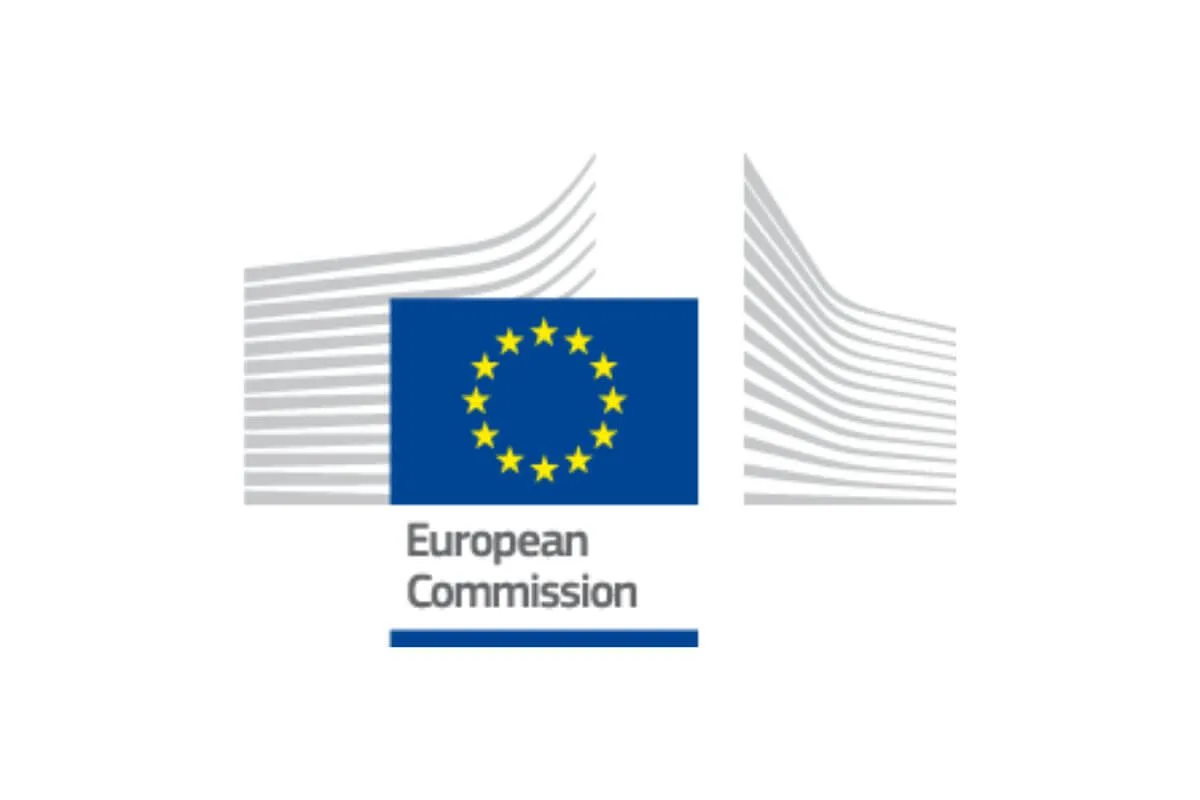
The European Union's (EU) push to establish itself as a leader in cutting-edge technologies, particularly artificial intelligence (AI), is hampered by underinvestment, regulatory hurdles, and fragmented coordination. These challenges threaten to derail efforts to compete with global powerhouses like the United States (US) and China, according to the European Commission.
Also Read: EU Selects Seven Sites for First AI Factories, Marking EUR 1.5 Billion Investment
EU Investments in AI
The EU reports that its investment in AI amounts to only 4 percent of what the US spends. "The lack of cutting-edge technology companies in the EU promises to become a thorn in the side of Ursula von der Leyen's future plan to boost the bloc's competitiveness and avoid falling behind the muscle of the United States and China," the EU said on Saturday.
"While the EU is turning the house upside down to become a technological power, it must face a harsh truth that it invests only 4 percent in artificial intelligence of what Washington allocates to this technology," the statement continued.
Investment Gap
"The EU's efforts in advanced technologies, such as AI and cloud computing, are far from matching those of the US," the EU said.
In 2024, the EU allocated only EUR 256 million to AI research through its European Innovation Council, a stark contrast to the USD 6 billion spent by the US, including USD 4.1 billion from Defense Advanced Research Projects Agency (DARPA) and 2 billion dollars from other related agencies. Venture capital paints an equally grim picture: Europe's USD 8 billion AI investment in 2023 pales compared to USD 68 billion in the US and USD 15 billion in China.
"The few companies that are creating generative AI models in Europe, such as Aleph Alpha and Mistral, need large investments to avoid losing the race to US firms. However, European markets do not meet this need, pushing European firms to look outside for funding," the EU said.
Also Read: AI Can Be a Game-Changer for Europe’s Economic Growth: Report
Proposed Solutions
Former Italian Prime Minister Mario Draghi's recent report highlights technology as both a pillar and a weak spot for the EU. Draghi called for doubling the Horizon Europe R&D budget to EUR 200 billion, creating AI "factories" for model training, and investing heavily in semiconductor production to reduce reliance on imports.
The EU statement noted that the incipient and cutting-edge nature of artificial intelligence means that Europe still has room for manoeuvre to take a leading position. Draghi's report notes that the EU has a relatively strong position in autonomous robots, accounting for 22 percent of global activity, and in artificial intelligence services, with 17 percent of activity.
Also Read: Denmark Launches Guidelines for AI Implementation in Europe with Microsoft
Structural Challenges
"However, growth and the ability to raise finance are articulated as the main stumbling block. And both possibilities open up in the US market," the EU noted.
"As evidence, there is no EU company with a market capitalization of more than 100 billion euros that has been created from scratch in the last fifty years. In the US market, by contrast, six companies have been created in this period with a valuation in excess of 1 trillion euros," it said.
Also Read: Microsoft AI Solutions Drive Transformation for Over 200 Businesses: December 2024 Edition
The EU also pointed to excessive regulation and administrative barriers in the EU as obstacles to technology companies deciding to settle or simply stay in Europe. Between 2008 and 2021, 40 out of 147 unicorns founded in the EU—companies valued at over USD 1 billion—relocated abroad, with most moving to the US, attracted by its robust venture capital ecosystem and streamlined regulations.















